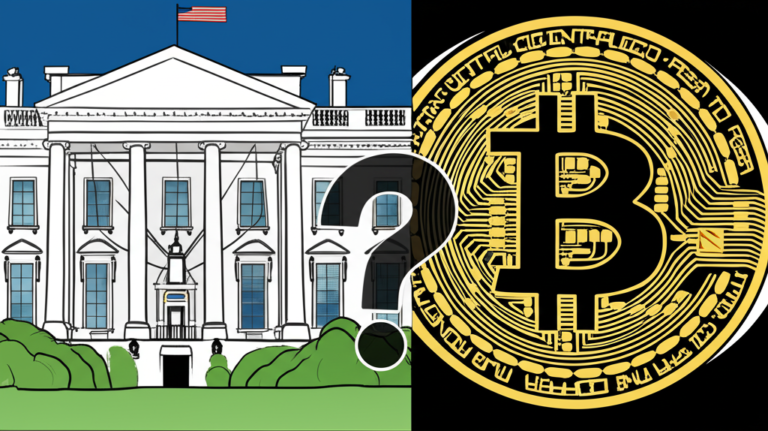US GENIUS Act: A Seismic Shift for Stablecoins?
The US financial landscape is bracing for significant changes with the passage of the GENIUS Act (presumably referring to a real or hypothetical act focusing on financial innovation, given the context; a real act with a similar name would need to be verified for accuracy). While details are still emerging, the implications for stablecoins are profound, potentially reshaping the crypto industry as we know it. This legislation aims to establish a comprehensive federal regulatory framework for stablecoin issuers, marking a major departure from the current fragmented state of oversight.
Key Provisions and Their Impact
The GENIUS Act, as reported, targets several crucial aspects of stablecoin operations:
Reserve Requirements and Transparency:
The Act is expected to mandate stringent reserve requirements for stablecoins, ensuring that issuers hold sufficient assets to back their tokens at a 1:1 ratio (or a clearly defined ratio). This directly addresses concerns about solvency and the risk of runs, similar to the issues seen with the TerraUSD collapse. This increased transparency will likely require regular audits and public disclosures of reserve compositions. Failure to meet these requirements could result in significant penalties.
Redemption Rights:
The proposed legislation also emphasizes the importance of robust redemption mechanisms, ensuring that holders can easily convert their stablecoins into the underlying assets. This aspect is critical for maintaining trust and liquidity within the stablecoin ecosystem. Ambiguities around redemption processes have been a point of contention in past regulatory debates.
Licensing and Registration:
The GENIUS Act likely introduces a licensing regime for stablecoin issuers, demanding rigorous vetting and compliance procedures. This will require issuers to meet specific capital requirements and demonstrate financial stability before they can operate legally in the US. This could act as a significant barrier to entry for smaller players and consolidate the market around established firms.
Implications for Decentralized Stablecoins:

The effect on decentralized stablecoins remains unclear. The specifics of the Act will determine how algorithms and decentralized governance structures are addressed. It’s possible that the law might inadvertently stifle innovation by favoring centralized approaches.
Navigating the New Landscape: Challenges and Opportunities
The GENIUS Act presents both challenges and opportunities. While increased regulatory clarity is generally welcomed, the stringent requirements could stifle innovation and potentially limit the accessibility of stablecoins for smaller businesses and individual users. The cost of compliance could become a significant hurdle for many issuers.
Conversely, a clear regulatory framework could boost investor confidence and attract more mainstream adoption. It could also lead to a more stable and reliable stablecoin market, mitigating systemic risks associated with the current landscape. The ultimate impact will depend on the detailed implementation of the act and the adaptability of issuers.
The Future of Stablecoins in the US
The GENIUS Act’s impact on the stablecoin market will likely be felt for years to come. The success of the legislation hinges on striking a balance between ensuring consumer protection and fostering innovation within the cryptocurrency space. The industry will need to adapt quickly to the evolving regulatory environment, embracing compliance while seeking ways to maintain the core tenets of decentralization and efficiency.
Summary:
- The GENIUS Act aims to provide a comprehensive federal regulatory framework for stablecoins in the US.
- Key provisions include reserve requirements, redemption rights, and licensing procedures.
- The Act could increase transparency and stability in the stablecoin market but may also increase barriers to entry and stifle innovation.
- The long-term impact will depend on the specifics of implementation and the industry’s adaptability.










